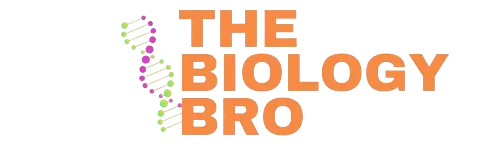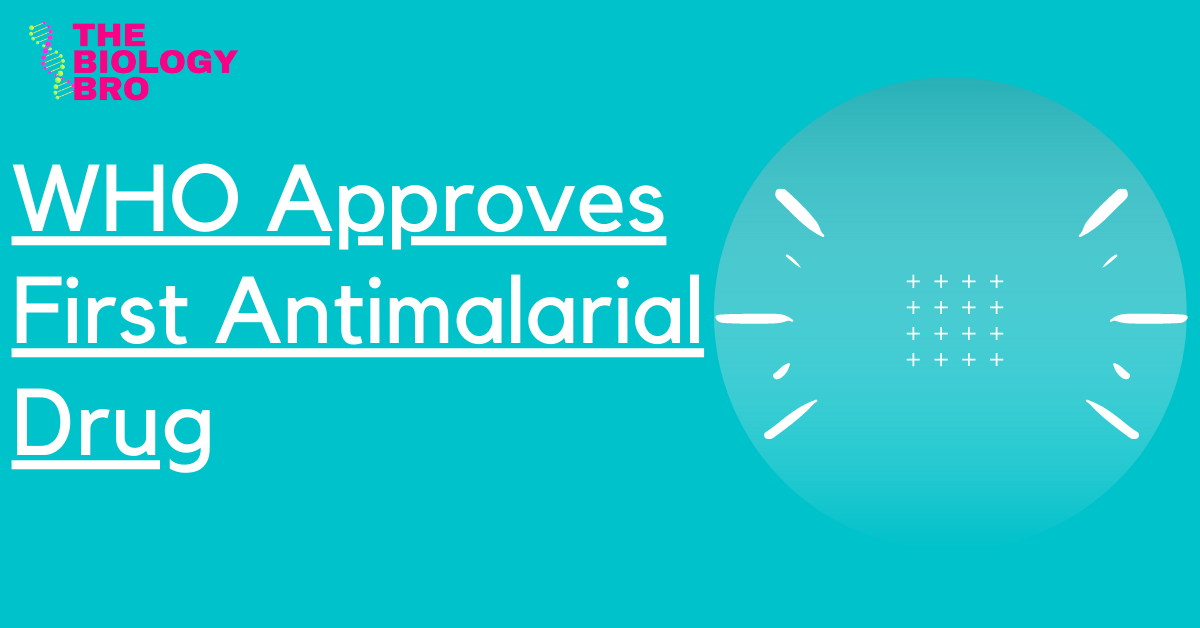First antimalarial drug Mosquirix
The World Health Organisation (WHO) has approved the first antimalarial vaccine RTS, S/AS01 (Mosquirix™) in the world.
The World Health Organization has finally approved the world’s first antimalarial drug. Why is this such a big deal? Well, I’ll tell you why, every two minutes a child dies of malaria and this vaccine can save that child and millions of others. The vaccine is called RTS,S (trade name Mosquirix), it is 40% effective and that too not against all types of malaria parasites. This vaccine targets the parasite that’s most common in Africa- Plasmodium falciparum. It’s a 4 dose vaccine with all doses given between the 5th and the 18th month of a child.
How long did it take for the World Health Organisation to recommend this vaccine? The European Medicines Agency authorized it in 2015 but the WHO sat on it for six years.
How long did the development of an antimalarial drug take? Centuries. Malaria has been claiming lives since the Mesopotamian civilization. In the 20th century alone malaria claimed nearly 300 million lives.
Malaria was not the priority of western countries?
Then why did it take so long to develop a vaccine? Was science not in its favour? Well, the problem was not science, the problem was with lack of political desire. You see research needs money and push but the countries devastated by malaria are the world’s poorest mostly African countries where a lot of families cannot even afford a mosquito net. Malaria was not the priority of the West.
Let us talk some numbers, there are 229 million cases of malaria every year 94% of these cases are reported in Africa. The continent records more than 400,000 malaria deaths every year and most of these victims are children. Outside Africa, less than 90,000 people lose their lives to malaria every year so the world chooses to not care.
Malaria vs Wuhan virus vaccine
In contrast, consider the Wuhan virus it affects rich countries too. In 2020 the western world was suffering, the economy was suffering so companies deep-dived into research and governments poured billions of dollars to create vaccines on priority. The US alone donated $9 billion for COVID development in 2020. What about the malaria vaccine the entire world pulled together $7.3 billion in malaria research from 2007 to 2018 that’s less than a billion dollars every year.
Yes, the malaria parasite is more complicated than the Wuhan virus but the story for the extremely delayed development of a malaria vaccine does not end there. The truth is that a malaria vaccine has never really been a priority. We saw how the covid vaccine smashed all records, we were rolling out doses at speed one couldn’t imagine in the pharmaceutical world. The world made not one not two more than 22 Wuhan virus vaccines in 20 months. Seven of them have already been given emergency use authorization by the World Health Organisation, 124 others are in clinical development stage 194 in preclinical trial and this is not a cooked up story, it’s the data from WHO.
What explains the speed is that the vaccine makers, the approvers, the donors all had the required incentive. These vaccines had a market, a malaria vaccine does not have a market this big. Africa is a continent of 1.3 billion people that’s the population of India. Demand for a malaria vaccine is concentrated in just sub-Saharan Africa. WHO estimates say there could be a requirement of 110 million doses per year by 2036 that’s not a big market not big enough for pharma giants to book their resources. There is also not enough money to be made with the sale of each dose.
GSK partners with Bharat bioetch in the production of first antimalarial drug
GSK or GlaxoSmithKline the company producing the malaria vaccine has said that it will price the jab at 5% above the cost of production. 15 million annual doses will be produced for now and these vaccines will also be made in India. GSK has partnered with India’s Bharat biotech. Another vaccine called R21 is in stage three of clinical trials, it is being developed by Oxford University it will be made by the serum institute of India.
Conclusion
That’s all very well but could all of this have been fast-tracked? had malaria overwhelmed in the hospitals of New York, Italy, Spain or China perhaps the story would have been different and we sincerely hope it doesn’t spread to these parts. That’s not what we’re saying what we’re trying to say is that malaria for Africa is worse than covid. Malaria killed 386,000 Africans in 2019 the Wuhan virus killed 212,000 in the last 18 months.
Because all of this is happening in Africa it never makes it to the headlines but now that we know how fast vaccines can be developed let’s try to not be blinded by profit. The world should apply this urgency to develop vaccines for other diseases too. Vaccines are a lifesaver and we have come a long way, we defeated smallpox, polio but there is still no long term vaccine for tuberculosis, West Nile, Zika, HIV, the malaria vaccine we say is a great start but there’s a long way to go.
-
What is RTS,S or Mosquirix?
RTS,S or Mosquirix is the first malaria vaccine approved by WHO. It will be sold under the trade name mosquirix.
-
What is the use of Mosquirix?
Mosquirix protects against malaria caused by the parasite Plasmodium falciparum.
-
Why is the antimalarial drug named RTS,S/AS01?
RTS,S is a scientific name given to this malaria vaccine and represents its composition. The Adjuvant System AS01 is a liposome-based adjuvant that contains two immunostimulants.
The ‘R’ stands for the central repeat region of Plasmodium falciparum circumsporozoite protein (CSP), the ‘T’ for the T-cell epitopes of the CSP, and the ‘S’ for hepatitis B surface antigen (HBsAg).
These are combined in a single fusion protein (‘RTS’) and co-expressed in yeast cells with free HBsAg.
The ‘RTS’ fusion protein and free ‘S’ protein spontaneously assemble in ‘RTS,S’ particles. Thus, in scientific papers, it is usually referred to as ‘RTS,S/AS01’.
Suggested content to read


